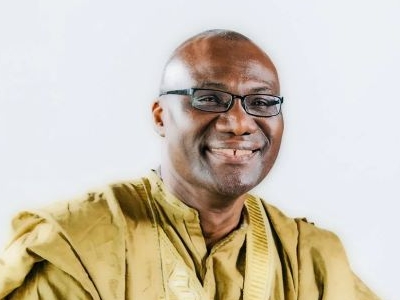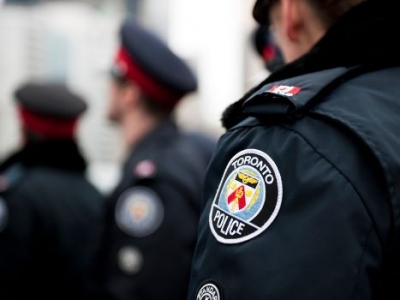–The following story was written by Taia Goguen-Garner.
Eyewitnesses are an instrumental aspect of identification when a crime occurs, but what happens if the eyewitness’s memory is not so sharp?
Simona Mackovichova, who just graduated with her Master’s degree in Psychology, has been researching how mistaken eyewitness identification contributes to the wrongful conviction of innocent individuals.
“I look at factors that influence the accuracy of eyewitness identifications as well as how various factors involved in eyewitness identification evidence influence juror decision-making,” shared Mackovichova.
During the grad student’s undergraduate degree, she became interested in human memory and the way it often fails us.
“While some of these memory errors may be harmless, bearing no serious consequences, others can be incredibly costly,” said Mackovichova.“Eyewitness identification errors are among the latter type as eyewitness misidentification is the leading cause of known wrongful convictions.”
Mackovichova notes that this research is important as it allows one to understand why innocent individuals are wrongfully convicted for crimes they did not commit.
Through her research, the PhD student found that potential jurors, who are aware that identifications of other-race individuals tend to be less accurate than identifications of same-race individuals, are more likely to perceive this evidence as being less reliable. However, jurors who are not aware of this tend to perceive other-race and same-race identification as equally reliable.
“This finding has an important real-world implication,” explained Mackovichova. “That is, educating jurors on the accuracy of same-race vs. cross-race identifications (such as via expert testimony) might help lower the rate with which other-race defendants are wrongfully convicted of crimes that they did not commit.”
Dr. Joanna Pozzulo, a Professor in the Department of Psychology and Departmental Chair has been supervising Mackovichova throughout this research.
“Dr. Pozzulo started as my co-supervisor during the first year of my MA studies along with Dr. Andrew Smith, who left Carleton mid-way through my MA degree. The majority of my work and research, until that point was with Dr. Smith. This is when Dr. Pozzulo took me on as her student, supported me throughout the transition and provided guidance throughout the completion of my MA degree. Dr. Pozzulo’s wealth of experience and expertise in the area of eyewitness memory and juror decision-making inspires me and challenges me to think critically about what it is that I want to accomplish with my research.”
Mackovichova’s long-term goal is to conduct research that will be applicable outside the laboratory setting and that will help people, such as jurors and eyewitnesses, make more informed decisions.
She graduated this fall from her Masters in Carleton’s virtual convocation ceremony.
Tuesday, December 1, 2020 in Grad Student Research, News
Share: Twitter, Facebook




